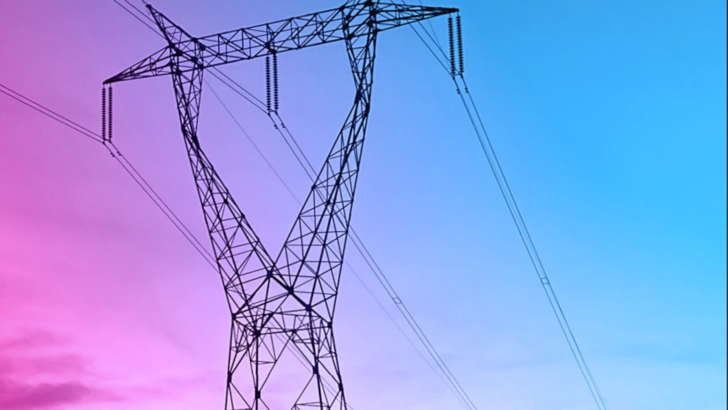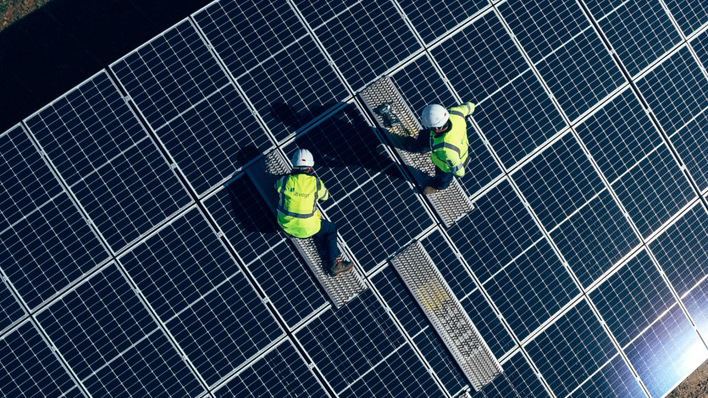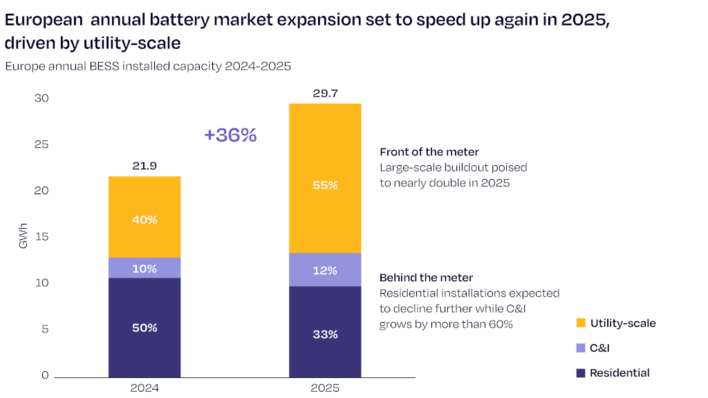The European Network of Transmission System Operators for Electricity (ENTSO-E) report provides detailed facts and data on the system conditions during the 28 April blackout in Spain and Portugal, along with a comprehensive sequence of events. It underscores that the voltage control mechanisms in place failed to manage voltage fluctuations on that day. The report does not attribute the incident to renewable energy sources.
Iberian blackout shows PV’s stabilising potential
The report notes that this was the first instance in the Continental Europe synchronous area where a combination of cascading generator disconnections and voltage rises led to a system-wide blackout.
Mega blackout within milliseconds
The incident started at 12:33 CEST on 28 April 2025, disrupting the power supply in Spain and Portugal. At 12:33:19, the Iberian Peninsula lost synchronisation with the Continental European power grid; shortly afterwards, connections to France and Morocco also failed. By 12:33:24, the Spanish and Portuguese power grids had collapsed.
Although automatic system protection measures were activated, they were unable to prevent the complete outage.
Restoration efforts combined re-energisation from France and Morocco with black-start hydropower in Spain and Portugal. Power was fully restored in Portugal by 00:22 on 29 April and in Spain by 04:00.
Revised regulations for grid voltage control
In a joint statement, SolarPower Europe, UNEF, and APREN welcomed the factual ENTSO-E report. However, they also highlighted that renewables were not legally allowed to participate in grid voltage control at the time of the incident.
After the Iberian blackout – batteries and PV to boost energy security
On 12 June 2025, Spain revised Operational Procedure 7.4 to allow renewables to contribute to voltage control. According to the organisations, full implementation of this updated procedure, which will take several more months, will strengthen the system and improve its ability to prevent similar incidents.
Upcoming final report
“We look forward to the upcoming ENTSO-E recommendations report on the Iberian blackout. The Iberian blackout must be a moment of learning,” the joint statement says.
SolarPower Europe, the Spanish PV association (UNEF), and the Portuguese renewables association (APREN) reiterate their call for accelerated investment in grid resilience, stability, and system flexibility, particularly by enabling renewables to deliver dynamic voltage control and supporting the integration of battery storage and grid-forming inverters.
Solar Investors Guide – storage for revolutionising the grid
These technologies are already available and should be deployed to maintain stable voltage levels, manage variability, and ensure renewable-powered energy security. A final ENTSO-E report, including a root-cause analysis and recommendations for enhancing the resilience of the European power system, is expected in the first quarter of 2026. (hcn)









